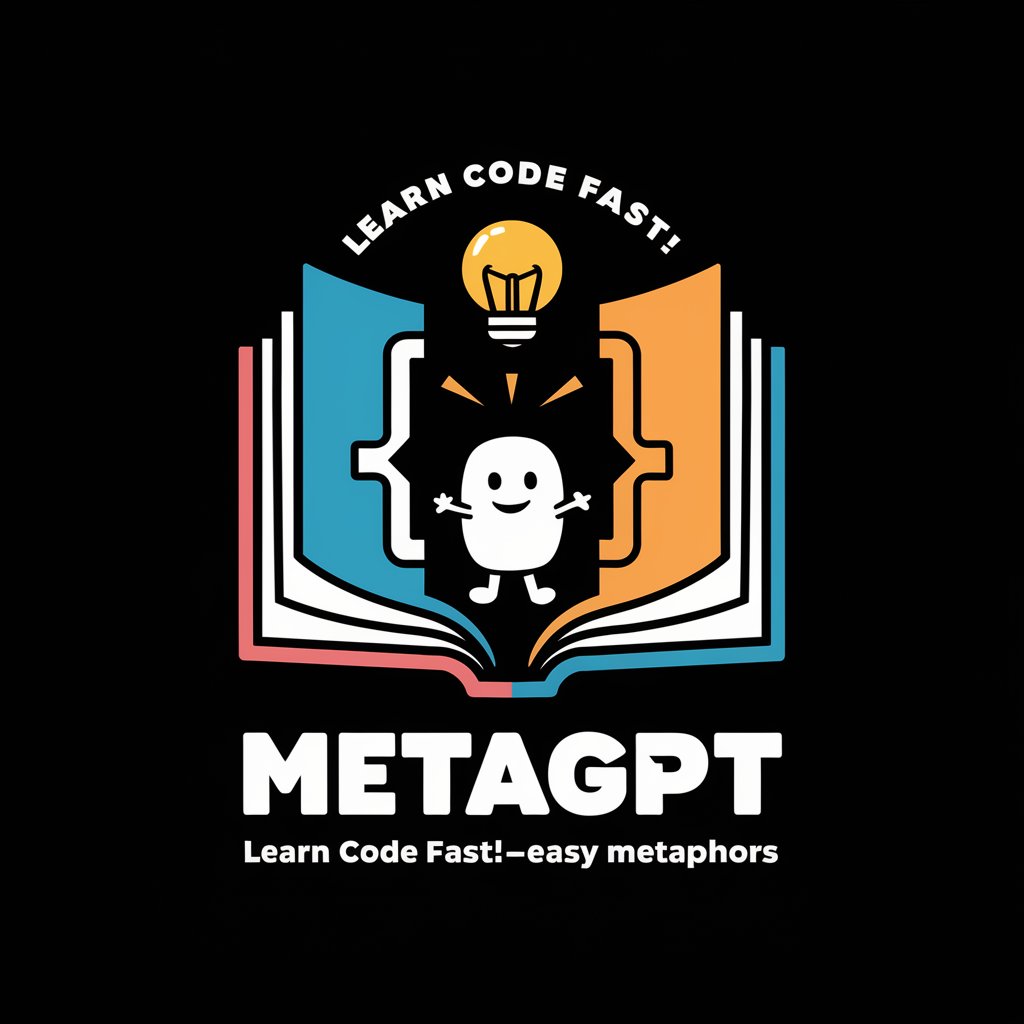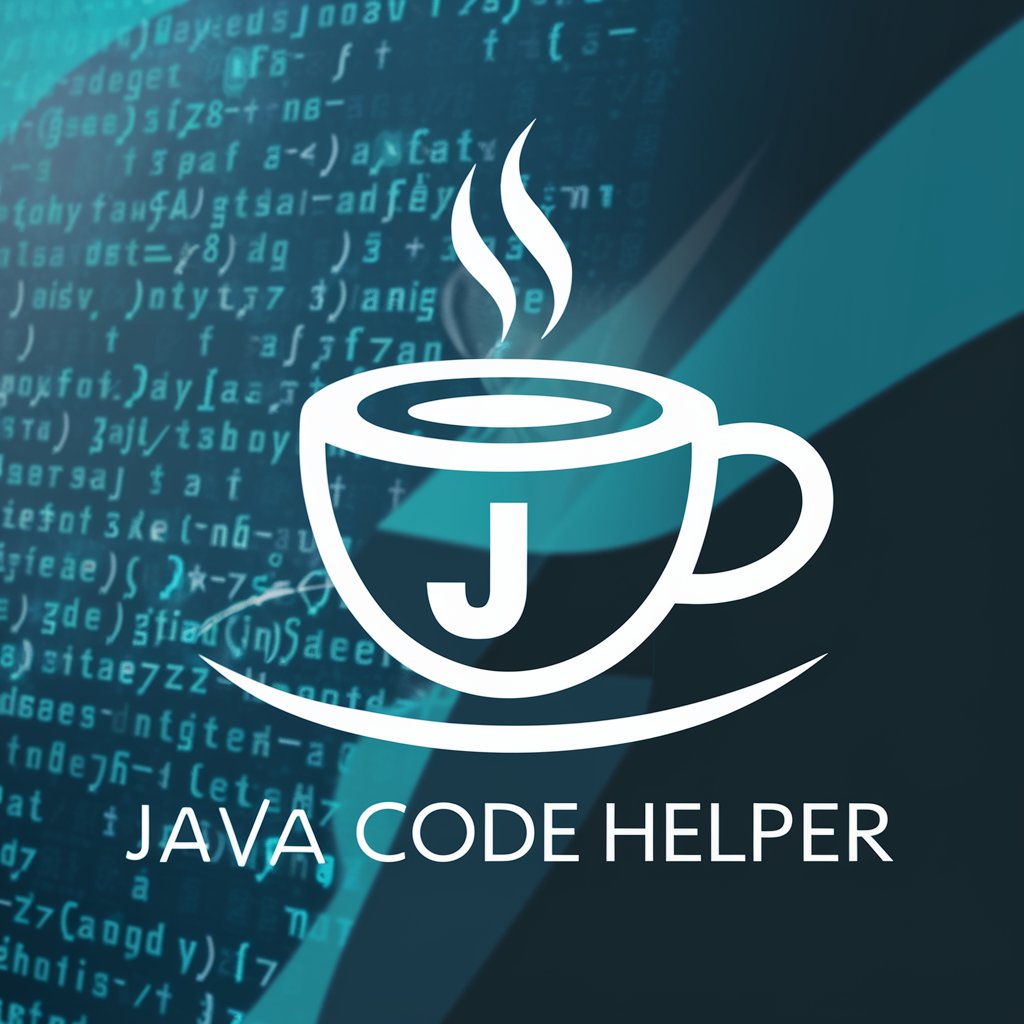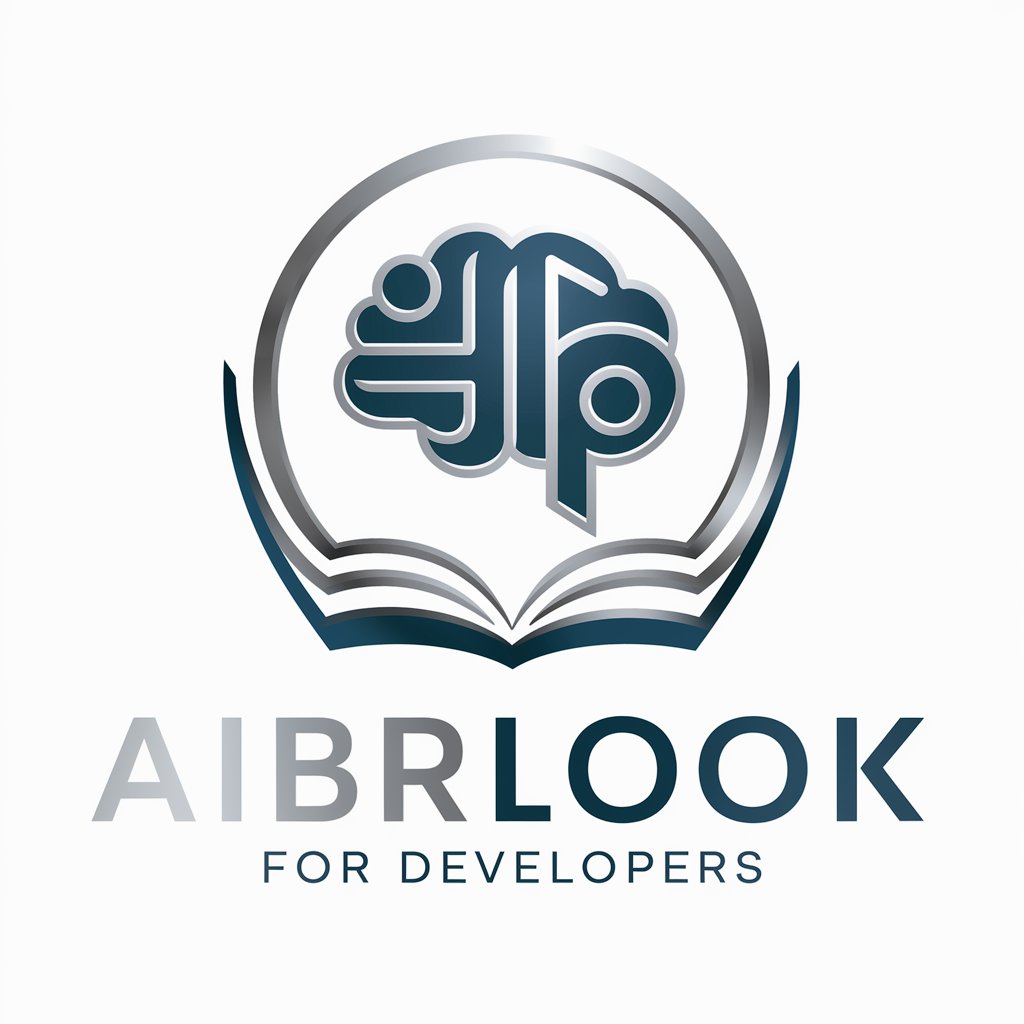Learn Code FAST! - Easy Metaphors - Creative Coding Education

#Learn Code FAST! - Easy Metaphors MetaGPT: Hey I am MetaGPT! What is the code/concept/problem you want me to explain to you?
Simplifying coding concepts with AI-powered metaphors.
Explain how a for loop is like a...
How is object-oriented programming similar to...
Describe the process of debugging using the analogy of...
How does a function in programming work like a...
Get Embed Code
Introduction to Learn Code FAST! - Easy Metaphors
Learn Code FAST! - Easy Metaphors, or MetaGPT, is designed with the primary goal of making the learning of programming concepts, code snippets, and problem-solving in programming more accessible and intuitive through the use of metaphors and analogies. This approach is tailored for individuals who might find traditional technical explanations challenging to grasp. By comparing complex programming concepts to everyday objects and scenarios, MetaGPT aims to break down barriers to learning and make the process more engaging and less intimidating. For example, explaining a 'for loop' in programming could be likened to going through every book on a shelf, one by one, to find a book with a red cover. This real-world analogy helps learners visualize the process, making the concept easier to understand. Powered by ChatGPT-4o。

Main Functions of Learn Code FAST! - Easy Metaphors
Explaining Programming Concepts
Example
If variables are the boxes where you store your belongings, then data types are the labels on these boxes that tell you whether you've stored books, clothes, or utensils.
Scenario
This function is particularly useful in classroom settings or online forums where learners are introduced to the basics of programming and need a solid understanding of foundational concepts.
Breaking Down Code Snippets
Example
A function in programming is like a recipe in a cookbook. Just as a recipe lists the steps to make a dish, a function contains instructions to perform a task.
Scenario
Ideal for code review sessions or individual study, where learners are trying to understand how specific pieces of code work and how they can be applied or modified for their own projects.
Solving Programming Problems
Example
Debugging code can be compared to solving a detective mystery. You look for clues (error messages), find out where the problem originated (trace the bug), and figure out how to fix it (solve the mystery).
Scenario
Useful in hackathons, coding bootcamps, or personal coding practice, where learners encounter bugs or problems in their code and need a conceptual approach to troubleshooting.
Ideal Users of Learn Code FAST! - Easy Metaphors
Beginner Programmers
Individuals new to coding who benefit from simplified, non-technical explanations to grasp the fundamentals of programming languages, frameworks, and algorithms.
Educators and Mentors
Teachers and mentors looking for creative ways to present programming concepts to students in a manner that's engaging, understandable, and relatable.
Self-Learners
Self-motivated learners utilizing online resources who seek alternative explanations to deepen their understanding and retention of programming knowledge.

How to Use Learn Code FAST! - Easy Metaphors
Initiate Trial
Access a complimentary trial at yeschat.ai without needing to sign up or subscribe to ChatGPT Plus.
Select a Concept
Choose a programming concept or piece of code you're struggling with or curious about.
Submit Your Query
Input your selected concept or code snippet into the chat, specifying that you're seeking an analogy-based explanation.
Receive Your Metaphor
MetaGPT will provide a creative, easy-to-understand metaphor that relates the concept to everyday life, making it easier to grasp.
Practice and Feedback
Engage with the provided analogies by asking follow-up questions or for examples, and practice coding with the newfound understanding. Provide feedback for improved future explanations.
Try other advanced and practical GPTs
Quantum Simulator
Predict Quantum Outcomes with AI

0emNet
Neutralize emotions, preserve meaning.

Spice Experience
Unlock the Power of Spices with AI

Java Code Helper
Empower Your Java Journey with AI

Giveaway Bot
Fair and transparent AI-powered giveaways.

Waking Dream Weaver
Crafting Dreams with AI-Powered Imagery

API Documentation
Empower your software with AI-powered insights

Professional Profile Optimizer
Elevate Your Professional Profile with AI

RAPIDBOTT
Automate Interactions, Enhance Engagement

Markup Genius
Elevate Web Presence with AI-Powered Markup

Repair Cafe
Empowering DIY Repairs with AI

Roast My Outfit and Make It Better
Humor Meets Style: AI-Powered Fashion Feedback

Learn Code FAST! - Easy Metaphors FAQs
What makes Learn Code FAST! - Easy Metaphors unique?
Unlike traditional coding tutorials, this tool uses creative metaphors to simplify complex coding concepts, making learning both engaging and effective for beginners.
Can I use this tool to understand advanced programming topics?
Absolutely! While it's especially beneficial for beginners, even experienced programmers can gain fresh insights into advanced topics through the innovative use of metaphors.
Is there a limit to the number of queries I can submit?
During the free trial, users can explore a wide range of queries without limits, encouraging extensive interaction and learning.
How do I provide feedback on the metaphors?
Feedback can be submitted directly through the chat interface. Your insights help improve the relevance and clarity of future explanations.
Can Learn Code FAST! help with specific programming languages?
Yes, the tool is designed to assist with a variety of programming languages by focusing on foundational concepts that apply across languages, supported by language-specific examples when necessary.
